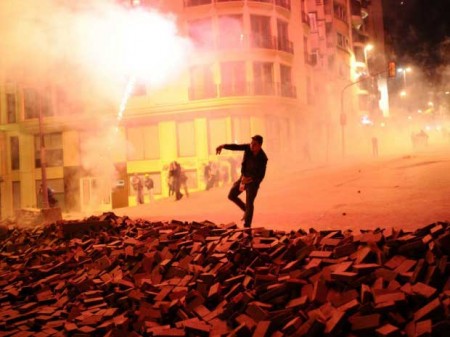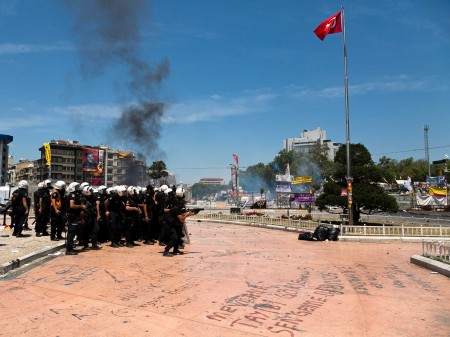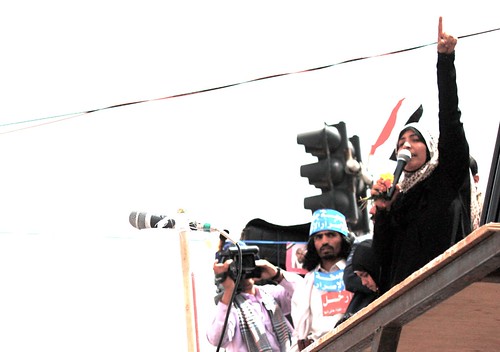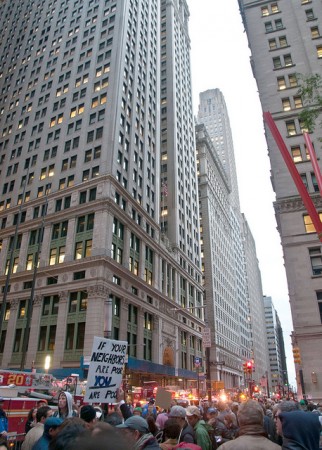
To Western eyes, Middle East politics have again been stood on their head. Iran’s theocratic mullahs allowed the election of Hassan Rowhani, a man who announced in his first speech as President-elect that his victory is “the victory of wisdom, moderation, and awareness over fanaticism and bad behavior.”
Iranians, apparently surprised that the candidate whom a majority of them had backed (over six harder-line candidates) had won, poured into the streets and hailed a victory “for the people.” To be sure, it was a carefully controlled election: all candidates who might actually have challenged Supreme Leader Ayatollah Ali Khamenei’s authority were disqualified in advance. But, within those limits, the government allowed the people’s votes to be counted.



